Home>Interior Design>Feng Shui House Features To Avoid: 5 Things That Create Conflict
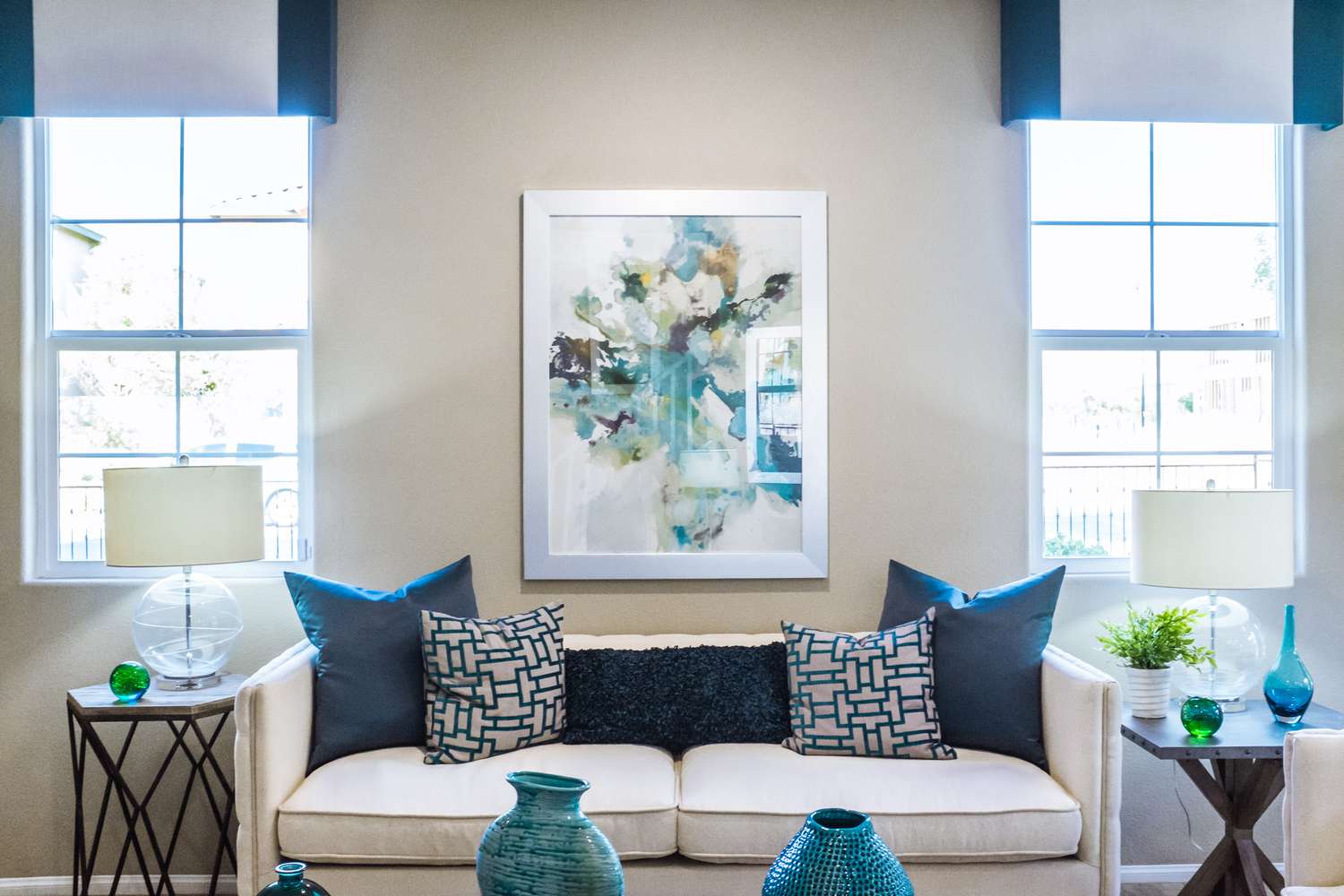

Interior Design
Feng Shui House Features To Avoid: 5 Things That Create Conflict
Modified: February 25, 2024
Discover the top 5 interior design features to avoid in your Feng Shui house that can create conflict. Enhance the harmony and positive energy in your home with these useful tips.
(Many of the links in this article redirect to a specific reviewed product. Your purchase of these products through affiliate links helps to generate commission for Storables.com, at no extra cost. Learn more)
Introduction
Welcome to the world of interior design, where aesthetics and functionality blend to create spaces that inspire and harmonize. In this article, we will explore the concept of Feng Shui – the ancient Chinese philosophy that focuses on the arrangement and orientation of objects to create a positive energy flow. While Feng Shui is known for its ability to enhance well-being and harmony in our living spaces, there are certain features in a house that can create conflict and disturb its energy balance.
In this article, we will delve into five Feng Shui house features to avoid, as they can disrupt the flow of positive energy, impede relaxation, and hinder productivity. By being aware of these aspects, you can make informed decisions when designing or renovating your home, ensuring a balanced and harmonious environment.
Key Takeaways:
- Create a harmonious home by avoiding sharp corners, mirrors facing beds, clutter, blocked doorways, and conflicting colors. Enhance positive energy flow and well-being through mindful interior design choices.
- Incorporate Feng Shui principles to optimize energy flow and balance in your living spaces. By avoiding conflicting features and embracing harmonious design, create a nurturing sanctuary that supports your well-being.
Sharp Corners
Sharp corners in a house can create a harsh and aggressive energy that disrupts the flow of positive chi. According to Feng Shui principles, energy should be able to flow freely and smoothly throughout a space, and sharp corners can act as obstacles, causing energy to stagnate or become chaotic.
When sharp corners are present, they can create a sense of unease and tension in a room. This can be especially problematic in areas where relaxation and tranquility are desired, such as bedrooms or living rooms. Constant exposure to this kind of energy can lead to anxiety, restlessness, and a lack of peace.
To mitigate the effects of sharp corners, consider incorporating design elements that soften their appearance. One effective approach is to use furniture or décor with rounded edges. Incorporating circular or curved pieces can help to balance the energy and create a more harmonious atmosphere. Additionally, you can strategically place indoor plants near sharp corners to add a natural and soothing touch.
It is important to note that not all corners need to be completely avoided. Right angles and gentle corners are generally acceptable in Feng Shui. However, if you have particularly sharp corners that protrude aggressively, it may be beneficial to either modify them or place furniture or decorative items to redirect or soften the energy flow.
By addressing the issue of sharp corners in your home, you can create a more inviting and harmonious space that promotes positive energy flow and enhances overall well-being.
Mirrors Facing Beds
In Feng Shui, the placement of mirrors is crucial as they have the power to either enhance or disrupt the energy flow in a space. When it comes to the bedroom, it is important to avoid having mirrors directly facing the bed.
Having a mirror facing the bed is believed to create excessive energy or chi that can be disruptive to sleep and rest. It is said that when we sleep, our body undergoes a restorative process, and the presence of a mirror reflecting our image can interfere with this process, creating an unsettling energy that affects our overall well-being.
Furthermore, mirrors facing the bed can also create a sense of restlessness and anxiety. Seeing our own reflection while lying in bed can evoke a feeling of unease and may lead to disturbed sleep patterns. This is particularly true for individuals who are more sensitive to energy or who already struggle with sleep disturbances.
If rearranging your bedroom to avoid having a mirror directly facing the bed is not feasible, there are a few remedies that can help mitigate the negative effects. One option is to cover the mirror with a fabric or a decorative screen while you sleep. This acts as a barrier and blocks the reflection, allowing for a more peaceful and restful experience.
Another option is to reposition the mirror so that it does not directly reflect the bed. Place it at an angle where it reflects something pleasant, such as a beautiful painting or a view of nature. This way, the mirror serves its purpose without disturbing the energy in the room.
By being mindful of the placement of mirrors in your bedroom, you can create a space that promotes relaxation, restful sleep, and positive energy flow.
Cluttered Space
In the practice of Feng Shui, a cluttered space is considered a major hindrance to creating a harmonious and balanced environment. Clutter not only adds visual chaos to a space but also disrupts the flow of energy, preventing it from circulating freely.
When a space is cluttered, it can create a sense of overwhelm, stress, and unease. Cluttered areas can make it difficult to relax, focus, and find peace of mind. It can also impede productivity and hinder the ability to manifest goals and aspirations.
To counteract the negative effects of clutter, it is important to create a space that is organized and free of unnecessary items. Start by decluttering your home and getting rid of items that no longer serve a purpose or bring joy. Consider adopting minimalist principles and only keep items that are truly meaningful and necessary.
Once you have decluttered, invest in practical storage solutions to keep your belongings organized and easily accessible. This can include baskets, shelves, or storage containers that fit seamlessly into your space. By having designated places for your belongings, you can maintain a clutter-free environment and allow energy to flow more smoothly.
Additionally, make it a habit to regularly clean and tidy your space. Dust, dirt, and stagnant energy can accumulate in cluttered areas, further dampening the positive energy of the space. Regular cleaning practices, such as dusting, vacuuming, and sweeping, can help maintain a fresh and vibrant energy flow.
By creating an organized and clutter-free space, you can enhance the flow of positive energy, promote a sense of tranquility, and create an atmosphere that supports your well-being and goals.
Avoid placing the bed directly in line with the door, as it is considered the “coffin position” in Feng Shui and can lead to conflict and health issues.
Blocked Doorways
In Feng Shui, doorways are considered the portals through which energy enters and circulates within a space. When doorways are blocked or obstructed, it creates an energetic bottleneck, hindering the flow of positive chi throughout the house.
Blocked doorways can lead to a variety of challenges and disruptions in the home. It can create a sense of stagnation, preventing new opportunities and positive energy from entering the space. It can also disrupt the natural flow of movement and limit the accessibility of different areas, causing a feeling of confinement.
To optimize the energy flow in your home, it is important to keep doorways clear and unobstructed. Avoid placing furniture, large objects, or clutter near doorways that impede the path of energy. This applies not only to the main entrance but also to interior doorways.
If space constraints make it challenging to keep doorways completely clear, there are a few strategies you can employ. Firstly, ensure there is enough space around the door for easy movement. Secondly, use décor and furniture that are smaller in scale and do not block the doorway visually or physically. Additionally, installing mirrors on the walls facing doorways can help visually expand the space and enhance the energy flow.
By allowing doorways to remain open and unobstructed, you create a welcoming and harmonious energy flow that encourages positive opportunities and a free movement of energy throughout your home.
Conflicting Colors
Color plays a vital role in Feng Shui as it has the power to influence our emotions, energy levels, and overall well-being. When it comes to creating a harmonious environment, it is important to be mindful of the colors used in different spaces within your home.
In Feng Shui, conflicting colors refer to combinations of colors that clash or create disharmony. These combinations can create a sense of chaos and imbalance in a space, leading to feelings of unease, anxiety, and restlessness.
To create a harmonious color palette, it is crucial to understand the principles of the Five Elements in Feng Shui – Wood, Fire, Earth, Metal, and Water. Each element is associated with specific colors, and balancing these elements creates a sense of equilibrium in the space.
Start by identifying the dominant element in a particular area of your home, and then select colors that correspond to that element. For example, if you have a living room that is predominantly associated with the Fire element, consider incorporating warm tones such as red, orange, or yellow. These colors will enhance the energy flow in that space.
Avoid using conflicting colors that clash with the dominant element. For instance, in a space associated with the Wood element, it is advisable to avoid using colors that are associated with Metal, such as white or gray, as they can create discordant energy.
It is also important to consider the function of each space when selecting colors. For example, in bedrooms, it is recommended to use soothing and calming colors, such as shades of blue, green, or lavender, to promote relaxation and restful sleep.
By carefully selecting and harmonizing colors in each space, you can create a balanced and visually appealing environment that supports the overall well-being and positive energy flow in your home.
Conclusion
Incorporating Feng Shui principles into your interior design can have a profound impact on the energy, harmony, and well-being of your living spaces. By being aware of the Feng Shui house features to avoid, you can optimize the flow of positive energy and create a balanced environment that supports your physical, emotional, and spiritual needs.
Avoiding sharp corners helps to promote a more harmonious flow of energy, while removing mirrors facing beds encourages restful sleep and tranquility. Keeping your space free of clutter allows for a more peaceful and focused atmosphere. Unblocking doorways facilitates the flow of positive chi throughout your home. Lastly, selecting colors that harmonize with the elements creates an environment that cultivates balance and equilibrium.
Remember, Feng Shui is about creating a nurturing and balanced space that aligns with your intentions and goals. Pay attention to the energy in your home and make adjustments accordingly to promote positivity and harmony.
By implementing these Feng Shui guidelines, you can transform your space into a sanctuary that supports your well-being, promotes positive energy flow, and enhances your overall quality of life.
Frequently Asked Questions about Feng Shui House Features To Avoid: 5 Things That Create Conflict
Was this page helpful?
At Storables.com, we guarantee accurate and reliable information. Our content, validated by Expert Board Contributors, is crafted following stringent Editorial Policies. We're committed to providing you with well-researched, expert-backed insights for all your informational needs.
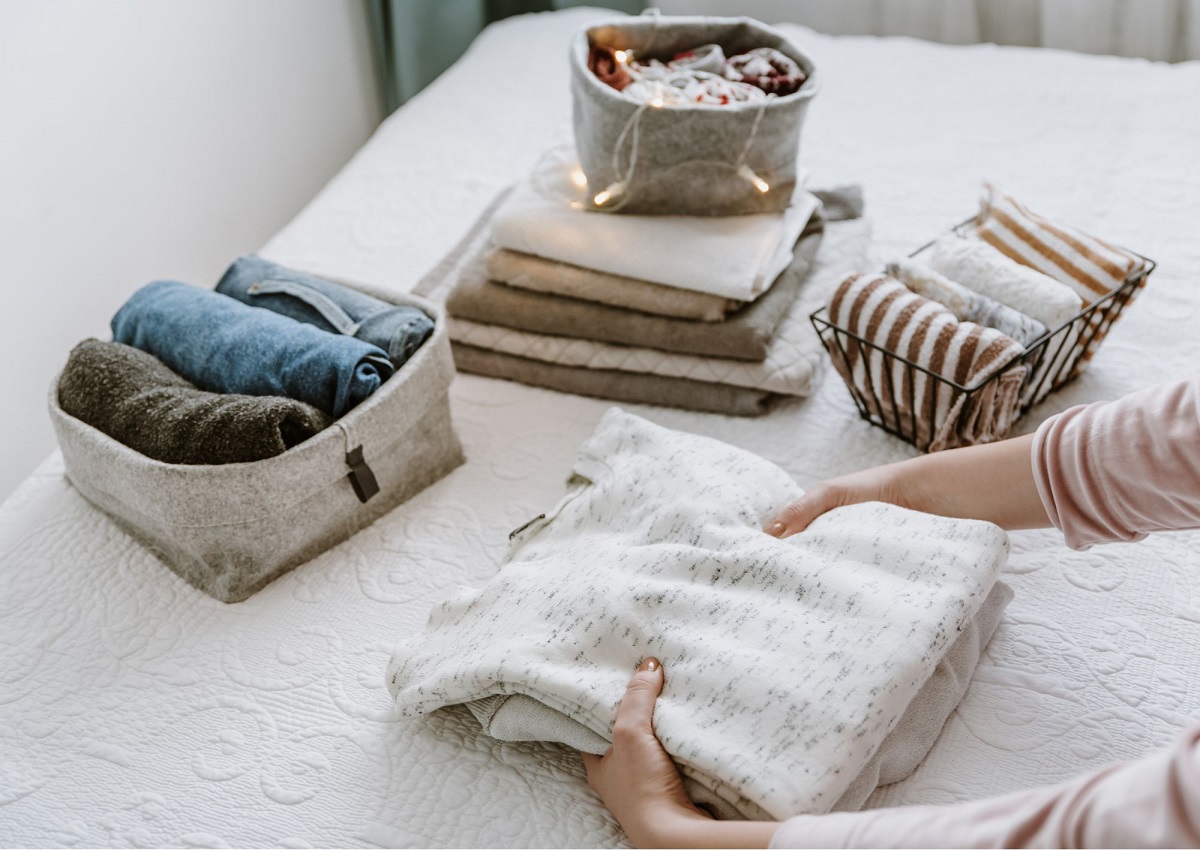
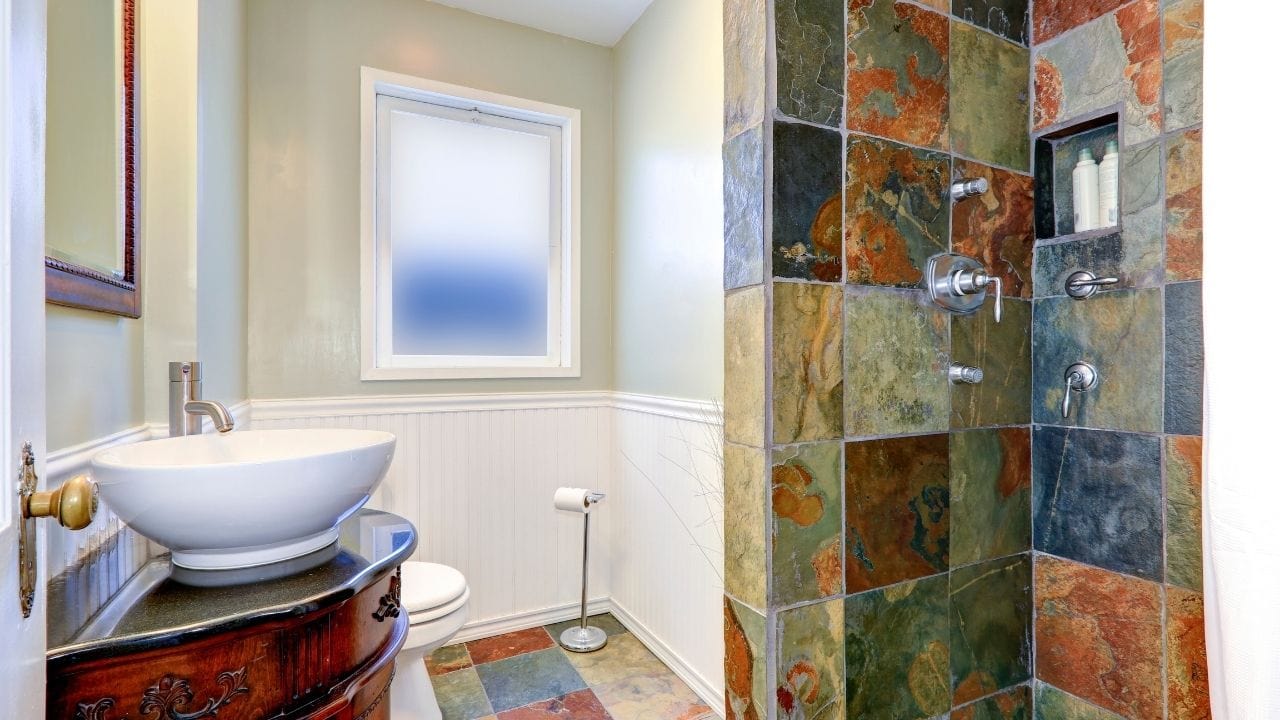
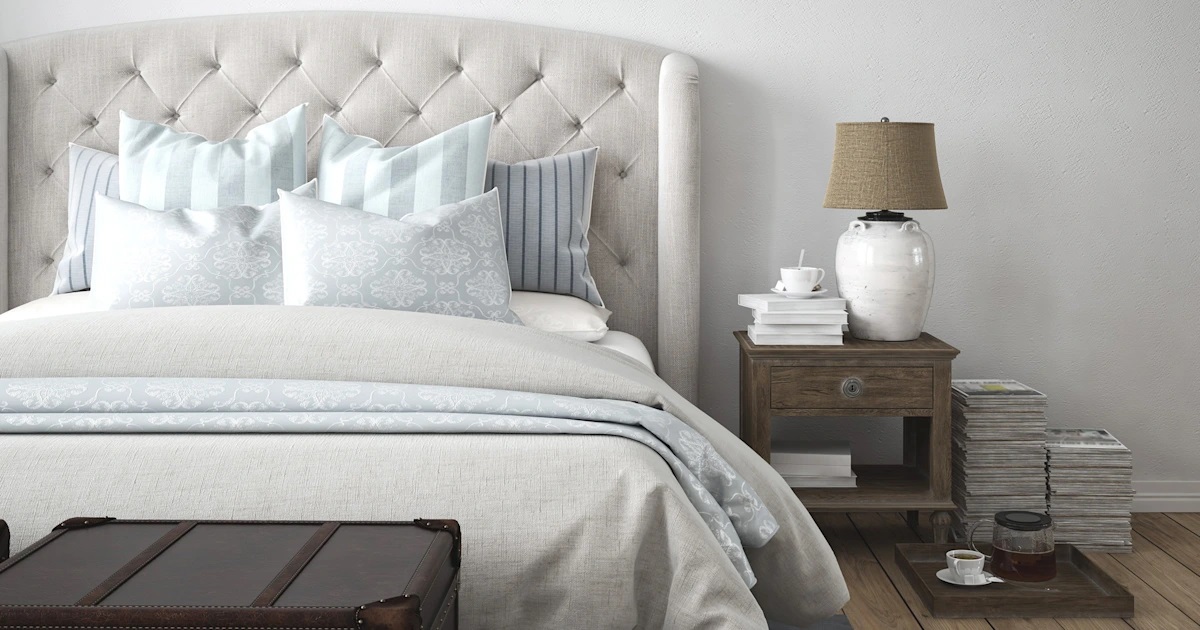
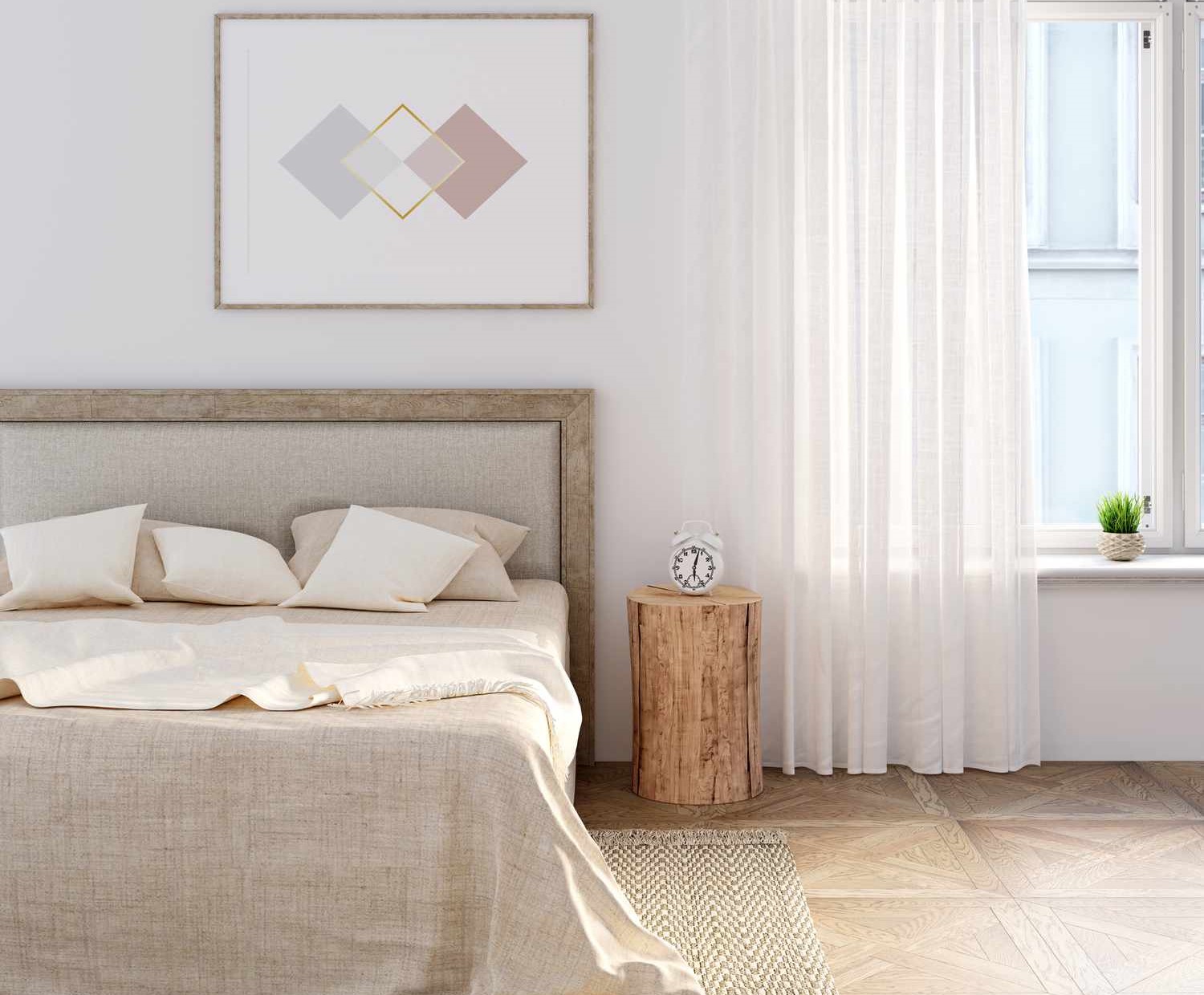
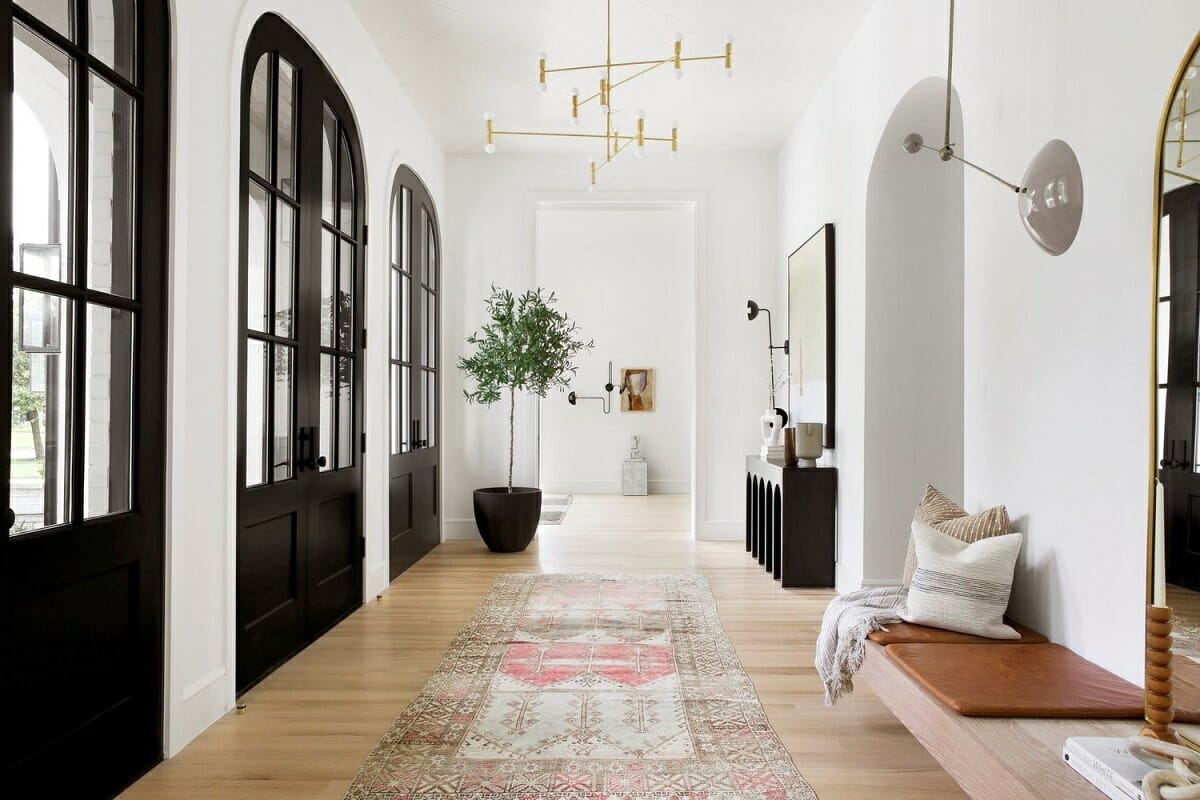
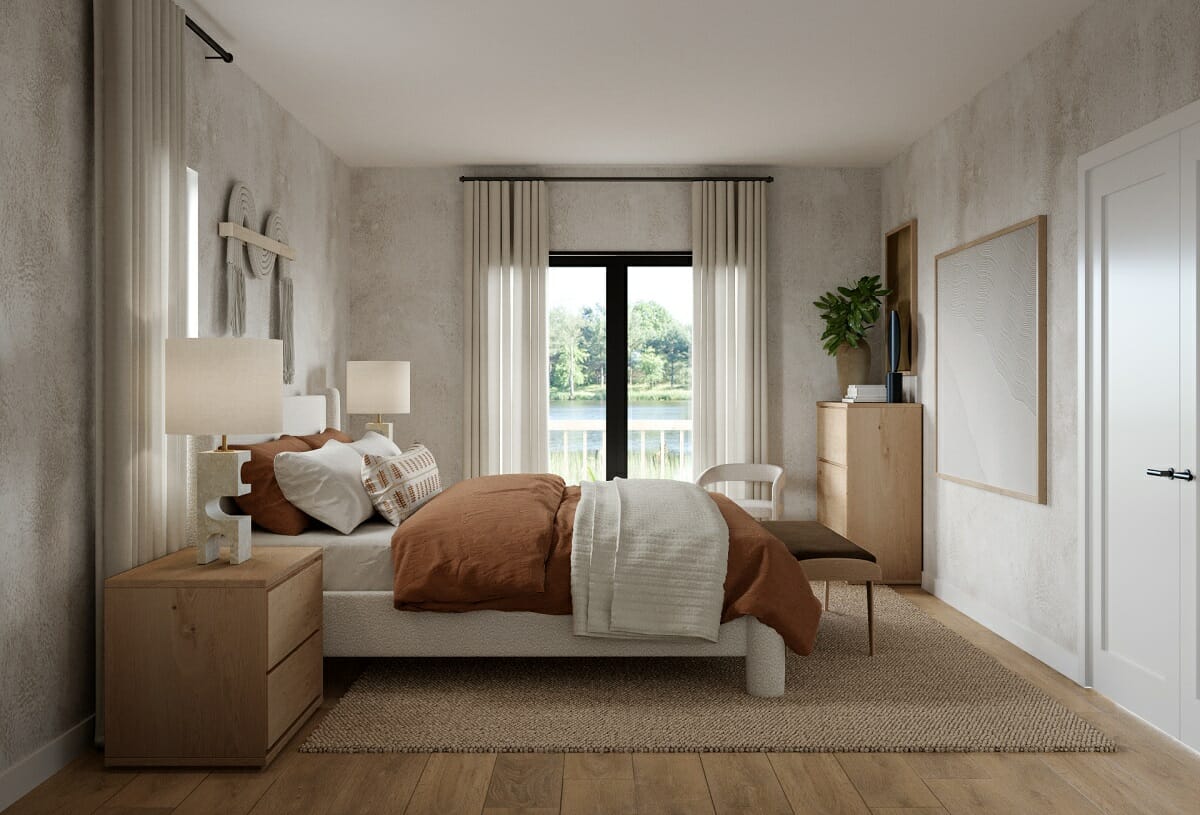
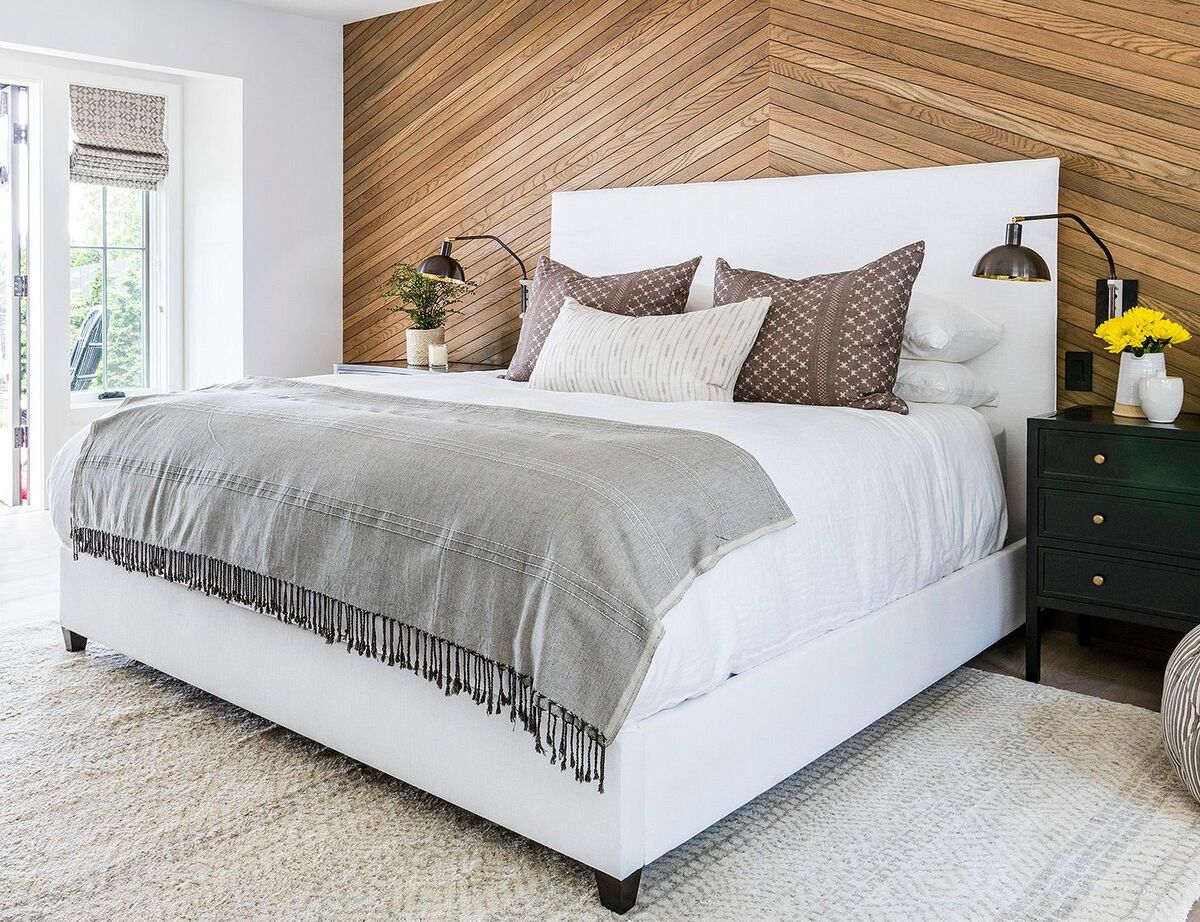
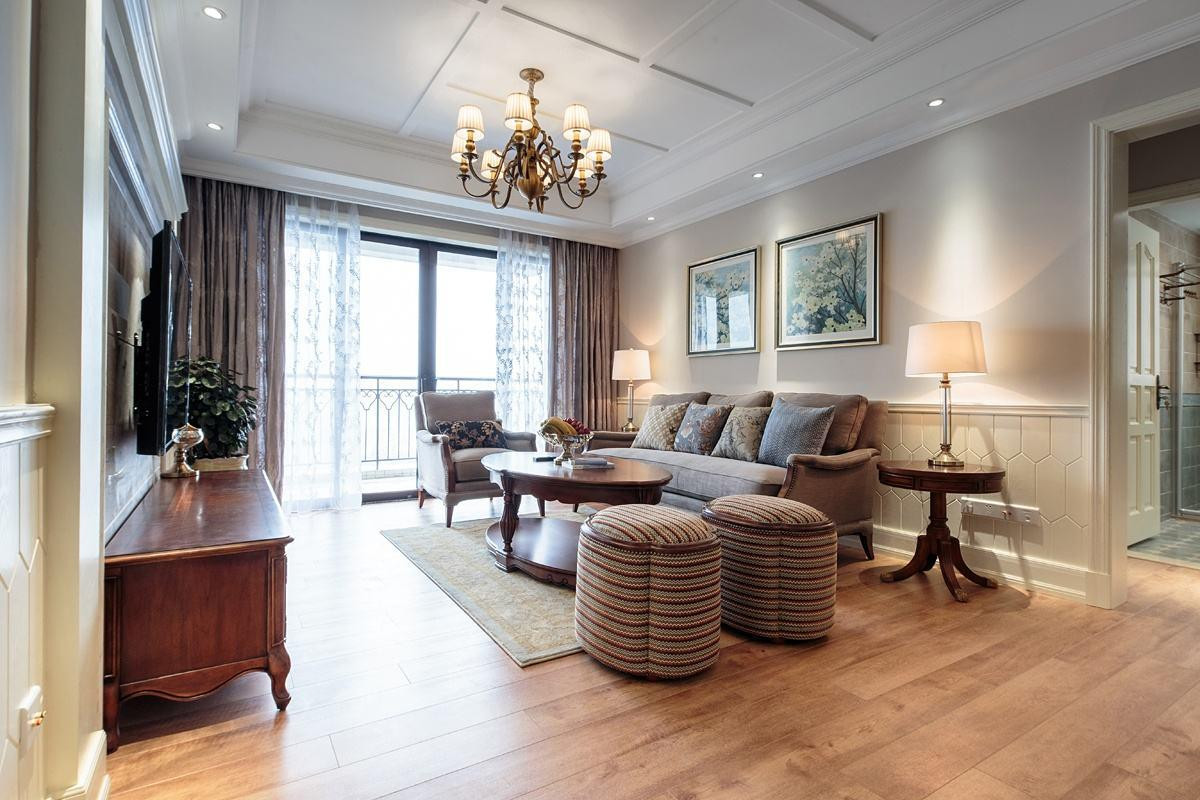
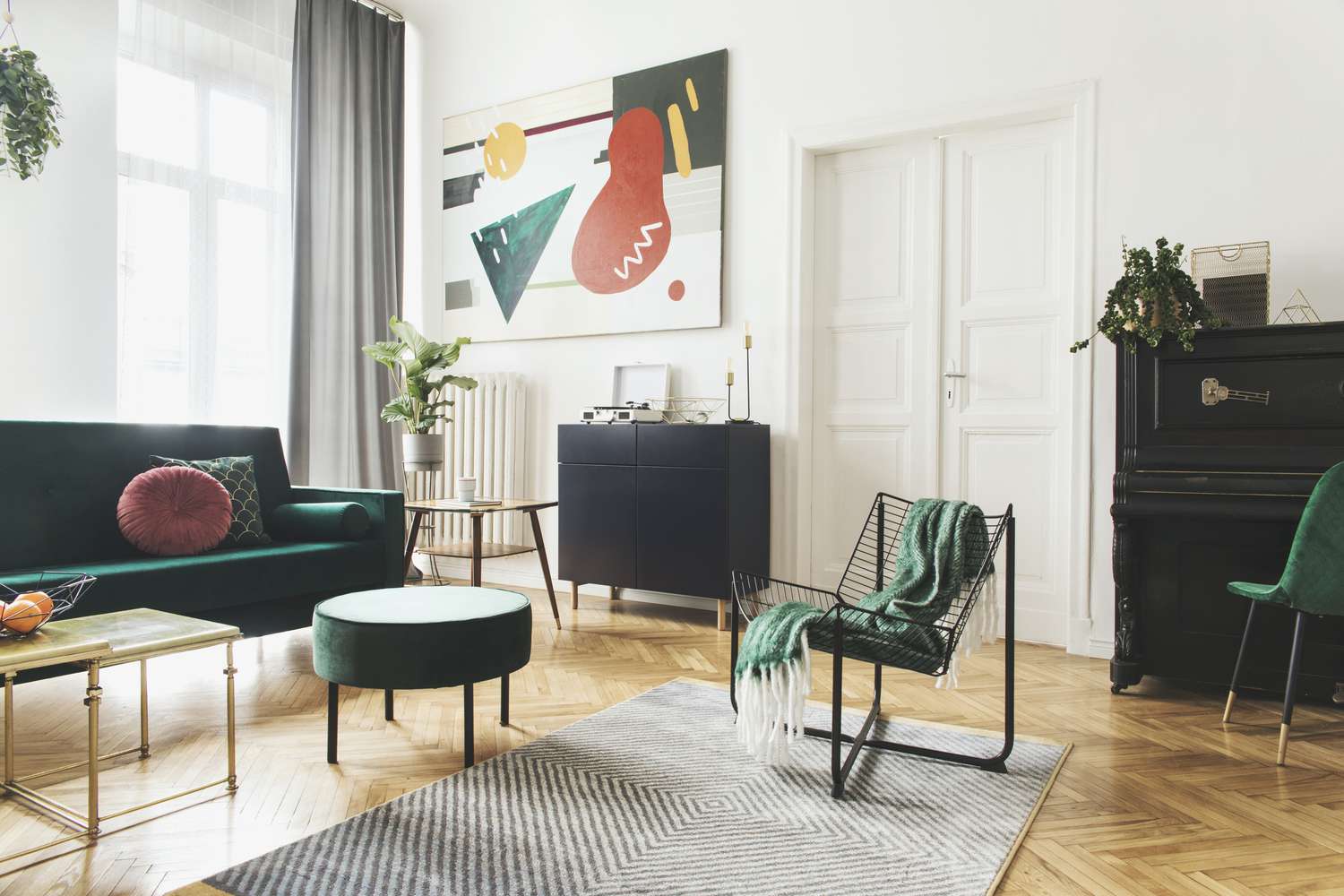
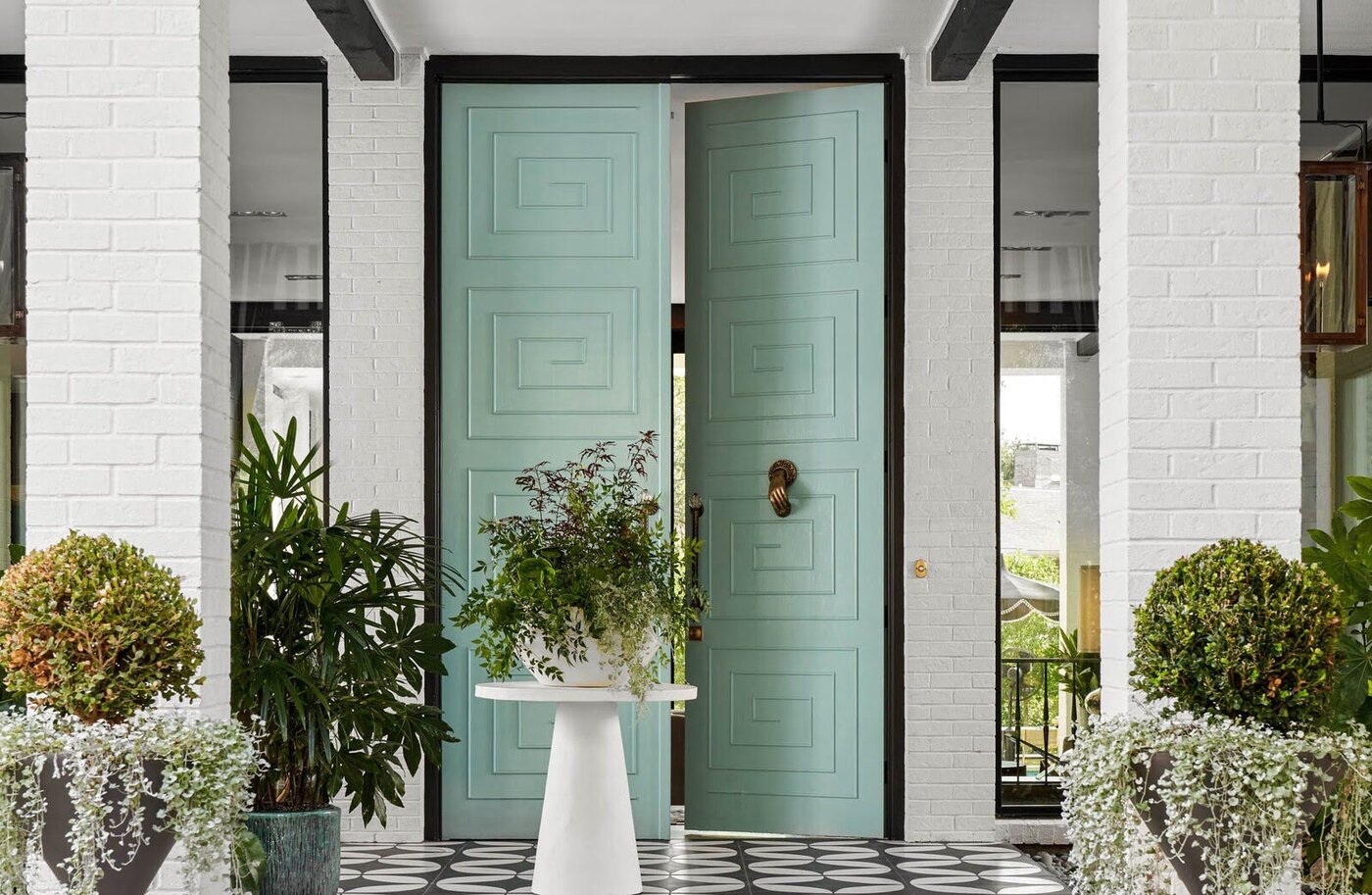
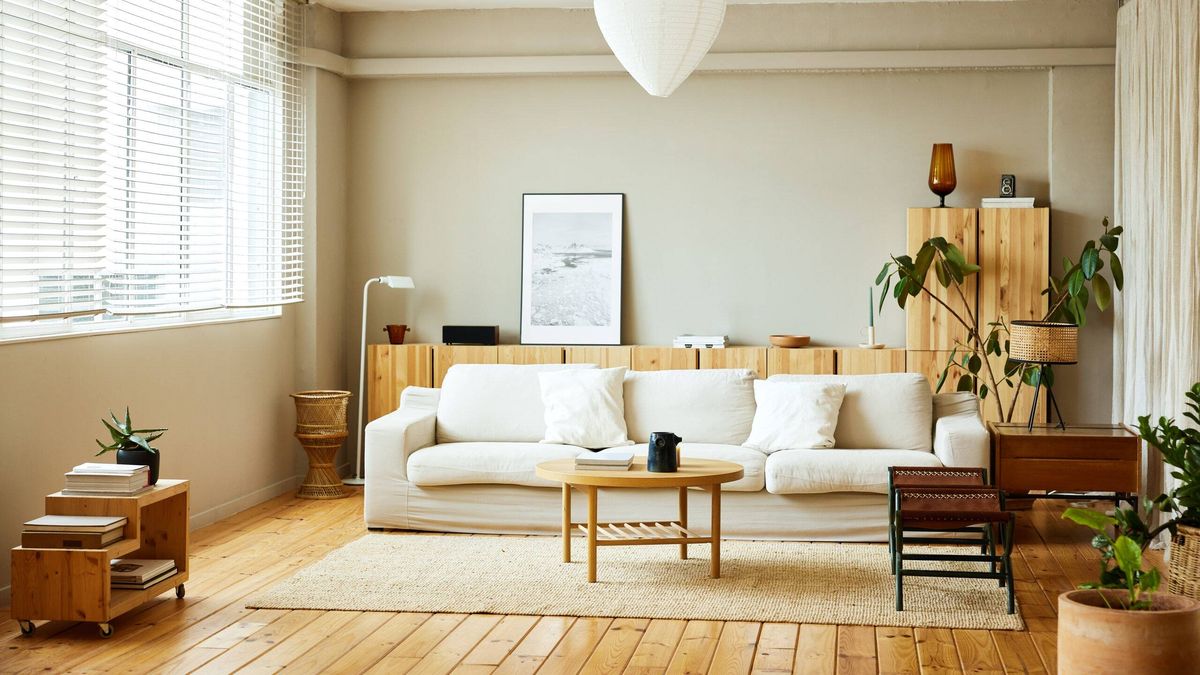
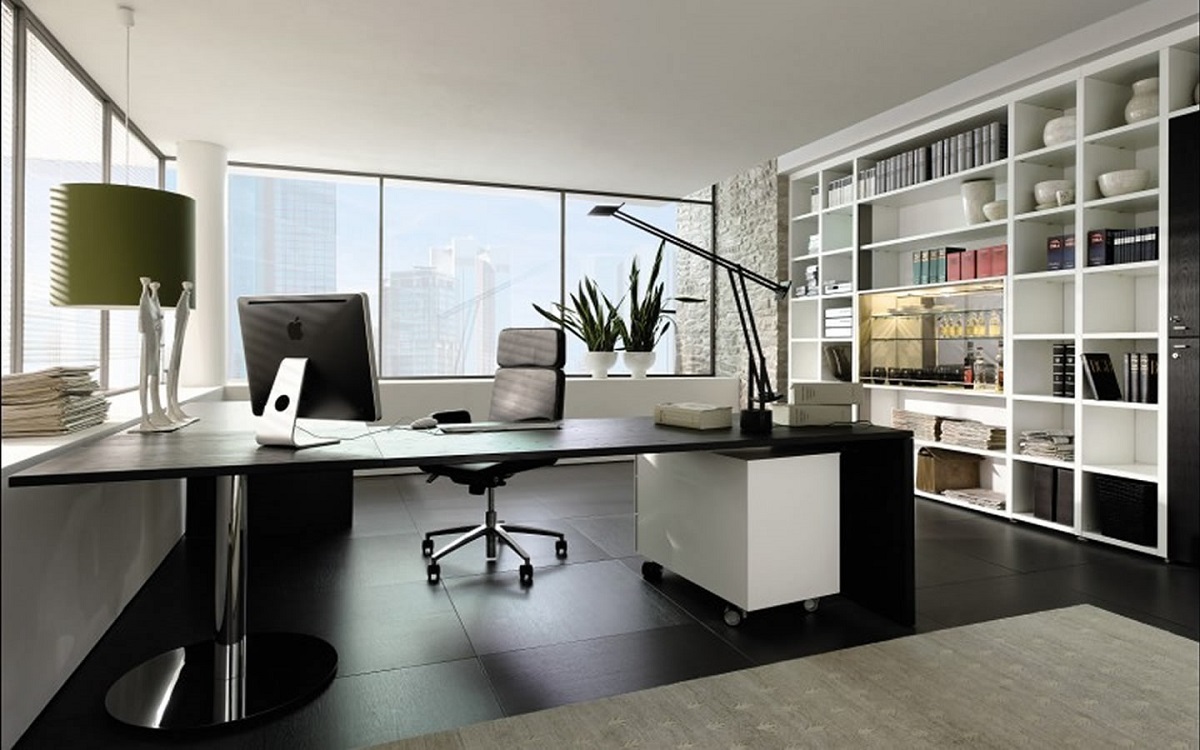
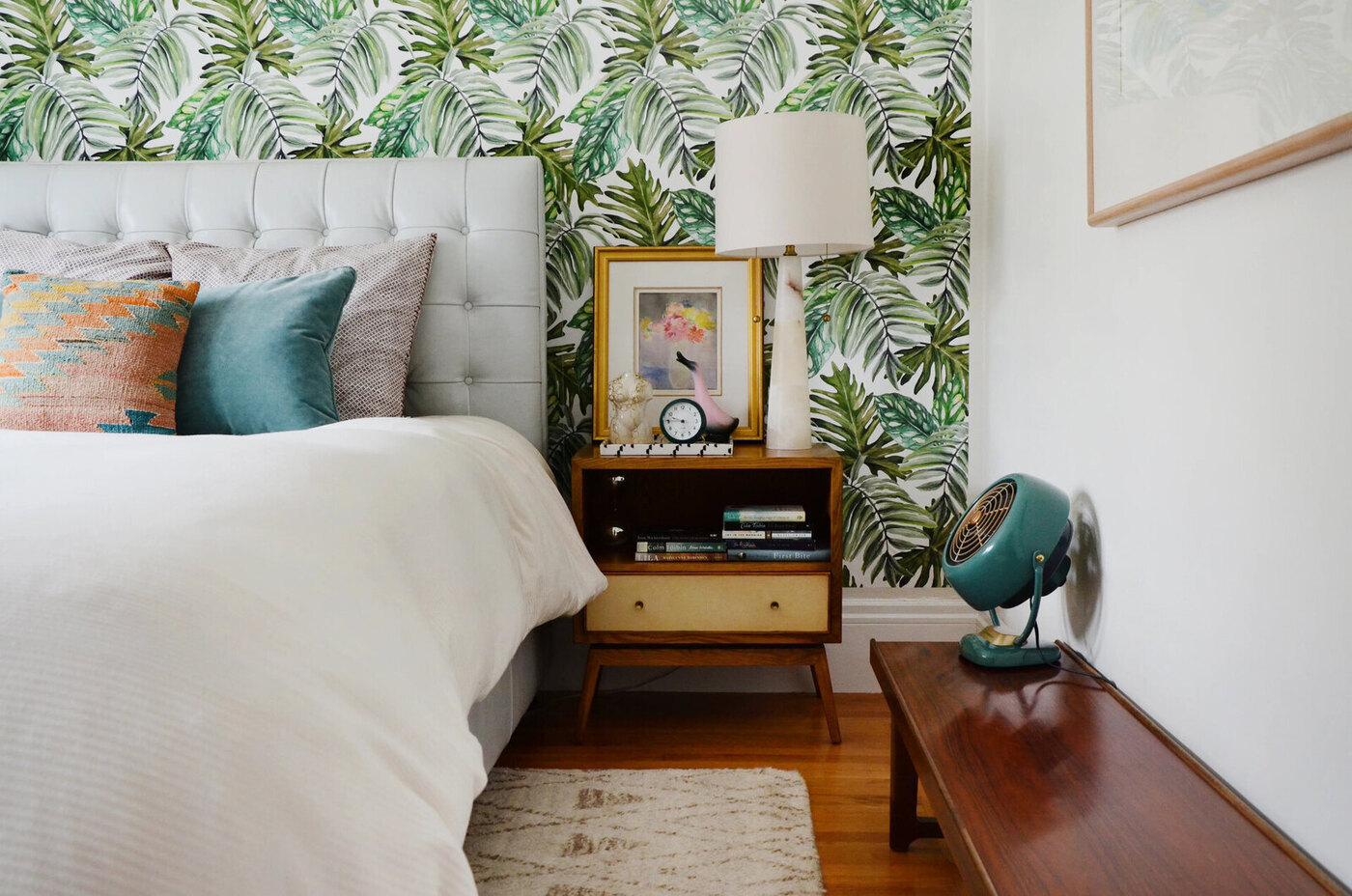
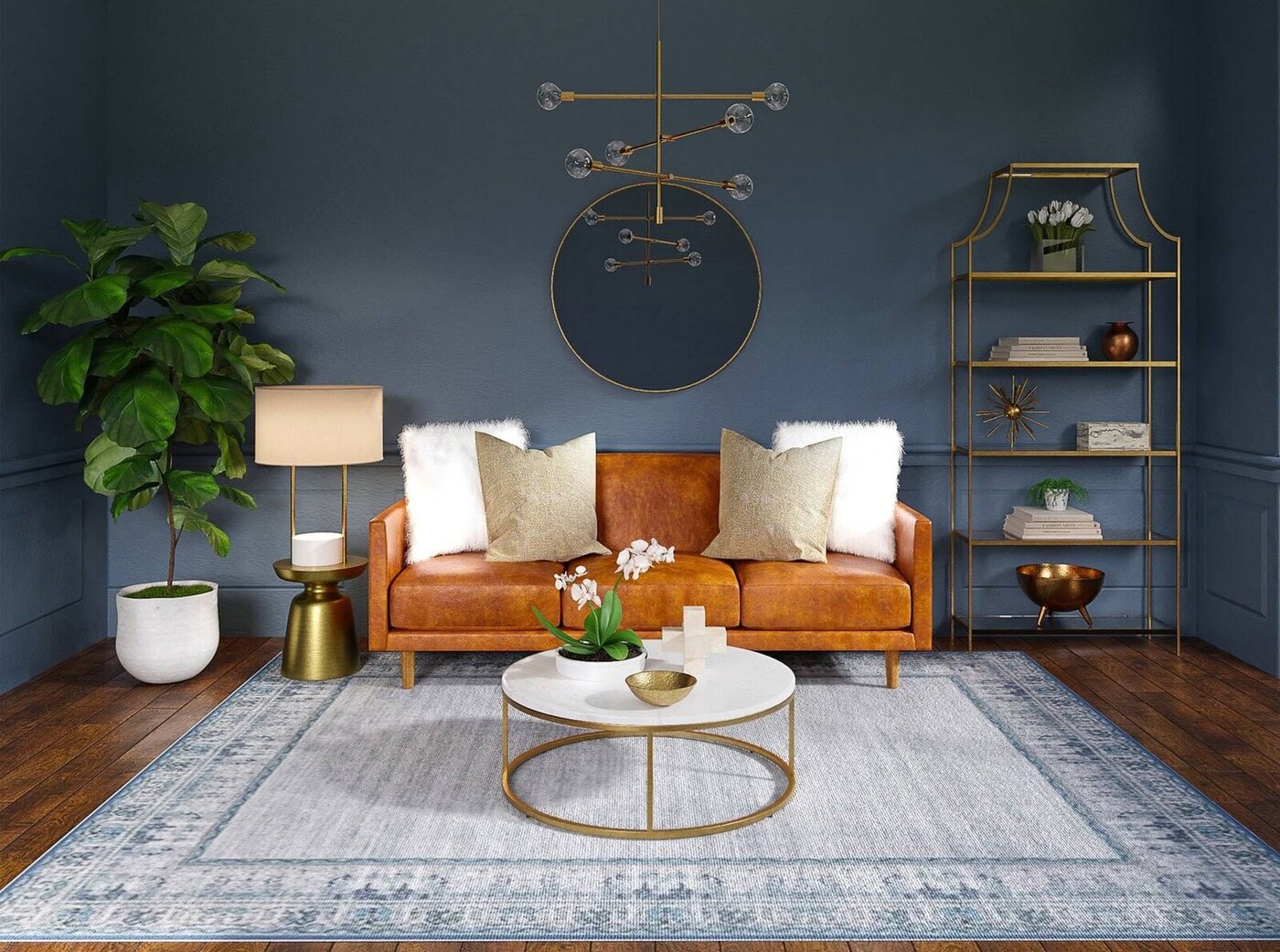

0 thoughts on “Feng Shui House Features To Avoid: 5 Things That Create Conflict”